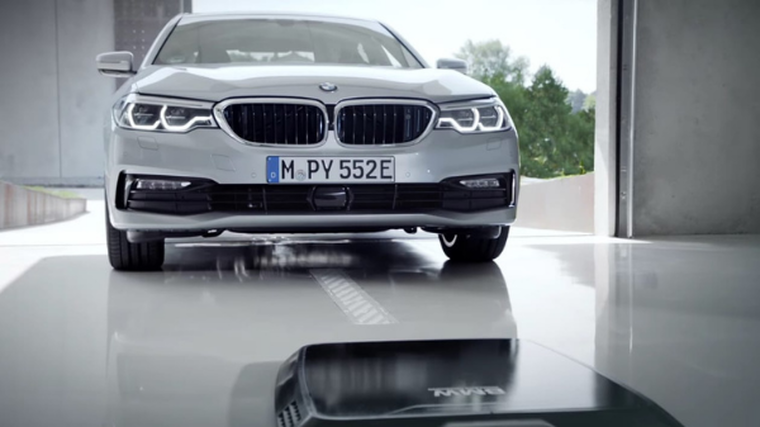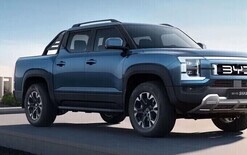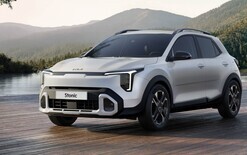Wireless charging key to boosting EV uptake

A trio of academics say wireless charging stations for cars to park over hold the key to increasing the number of electric vehicles (EVs) on our roads.
Professors Grant Covic and Nick Long and Dr Doug Wilson suggest adopting such technology will make owning and operating light and heavy EVs considerably easier.
They add that wireless charging spots need to be part of the solution to helping the government cut carbon dioxide (CO2) emissions and to meet targets set out in advice from the Climate Change Commission.
A concern of consumers considering making the shift to EVs is range anxiety, which carmakers are tackling through advances in battery technology, but the trio note wireless charging systems in the road or at key locations are just as important.
Work is being carried out at the University of Auckland, with the Robinson Research Institute at Te Herenga Waka-Victoria University of Wellington and GNS Science, to allow drivers to simply park or drive as usual over a coil buried in the ground.
Newsroom reports this means a vehicle can be “connected” to the grid without wires and can be charged when stationary or on the move.
Such advances will help remove the risk of people being stuck after forgetting to recharge their vehicles, and eliminate the need to plug in outside in all weather conditions.
Another benefit will be spreading the load on power infrastructure over a larger amount of geography and time, as opposed to motorists mostly plugging in and recharging their cars at home overnight.
Marques such as Renault, Nissan, BMW and Honda have all spent time developing and evaluating wireless charging systems.
In late 2020, light-duty vehicle wireless charging standards were completed globally that will ensure developed systems meet all safety regulations and can be used by any vehicle.
Covic, Long and Wilson predict wireless charging will emerge as a viable option by early 2022, with fleet owners expected be among the early adopters.
To read the full Newsroom story, click here.





